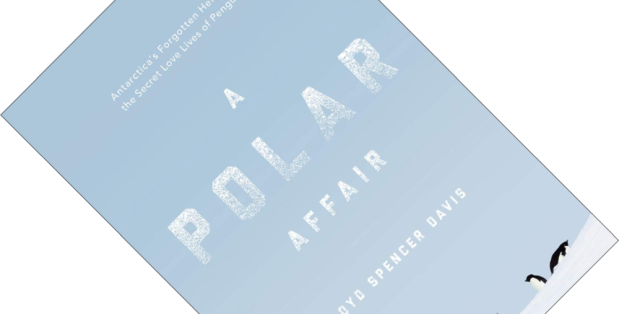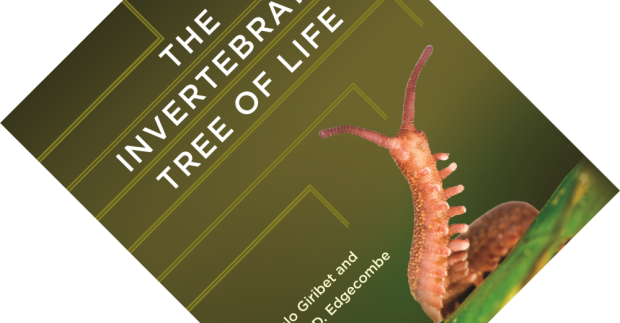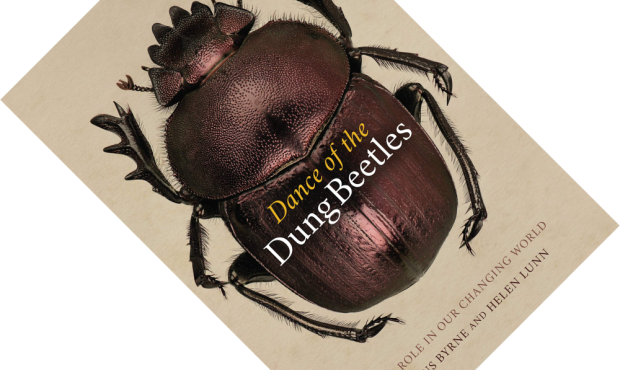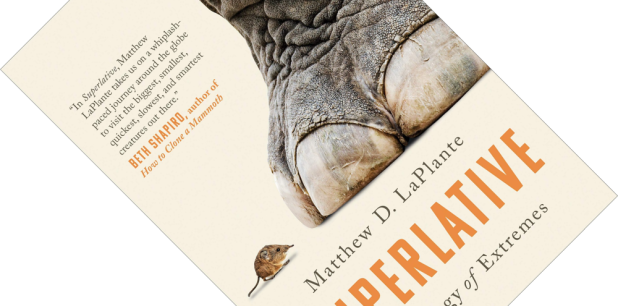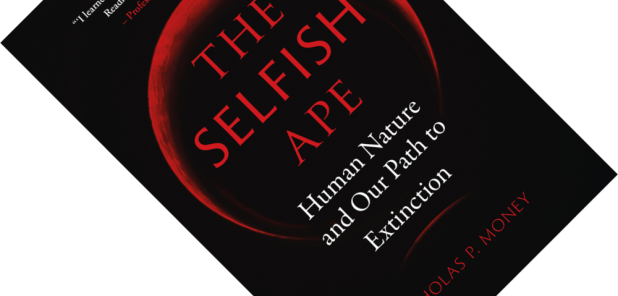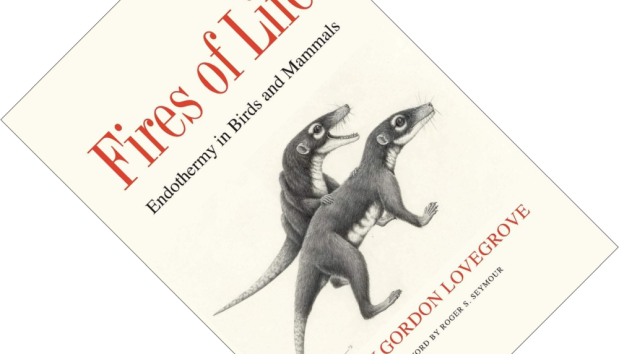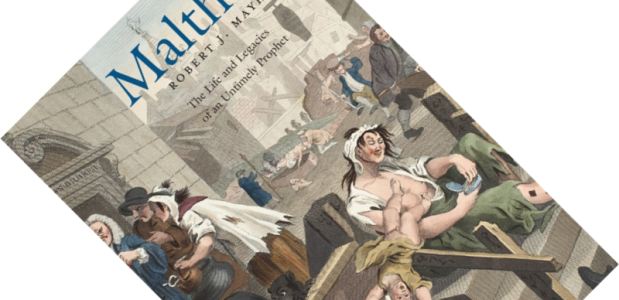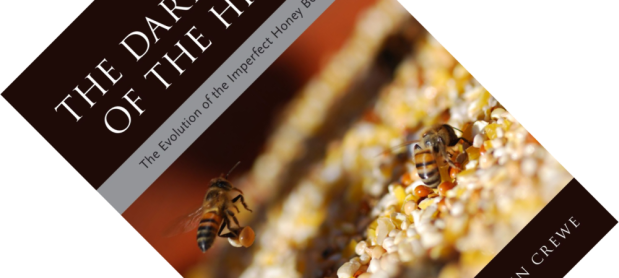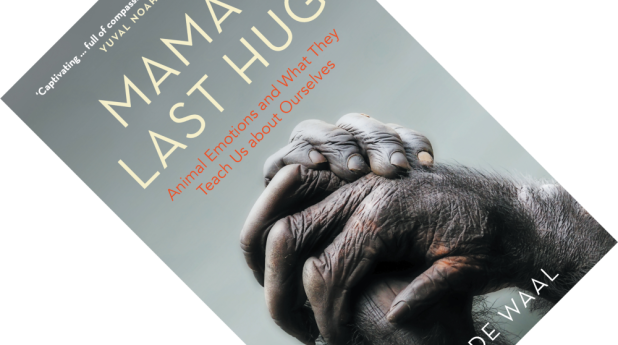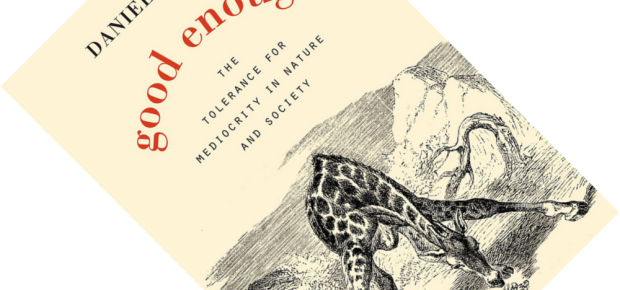7-minute read
This has to be a story worthy of the name “scoop of the century”. Penguin biologist Lloyd Spencer Davis has been studying mating behaviour in Adelie penguins since 1977, carefully documenting how penguins are far from the paragons of monogamy that they were long held to be. That is until 2012 when an unpublished manuscript comes to light showing that somebody beat him to the punch… by more than six decades! A certain George Murray Levick carefully documented the same penguin antics that Davis would later build his career on. But who was this Levick? And why did he never publish his observations? Join Davis for a most unlikely story of polar exploration, penguins, and perversion.

